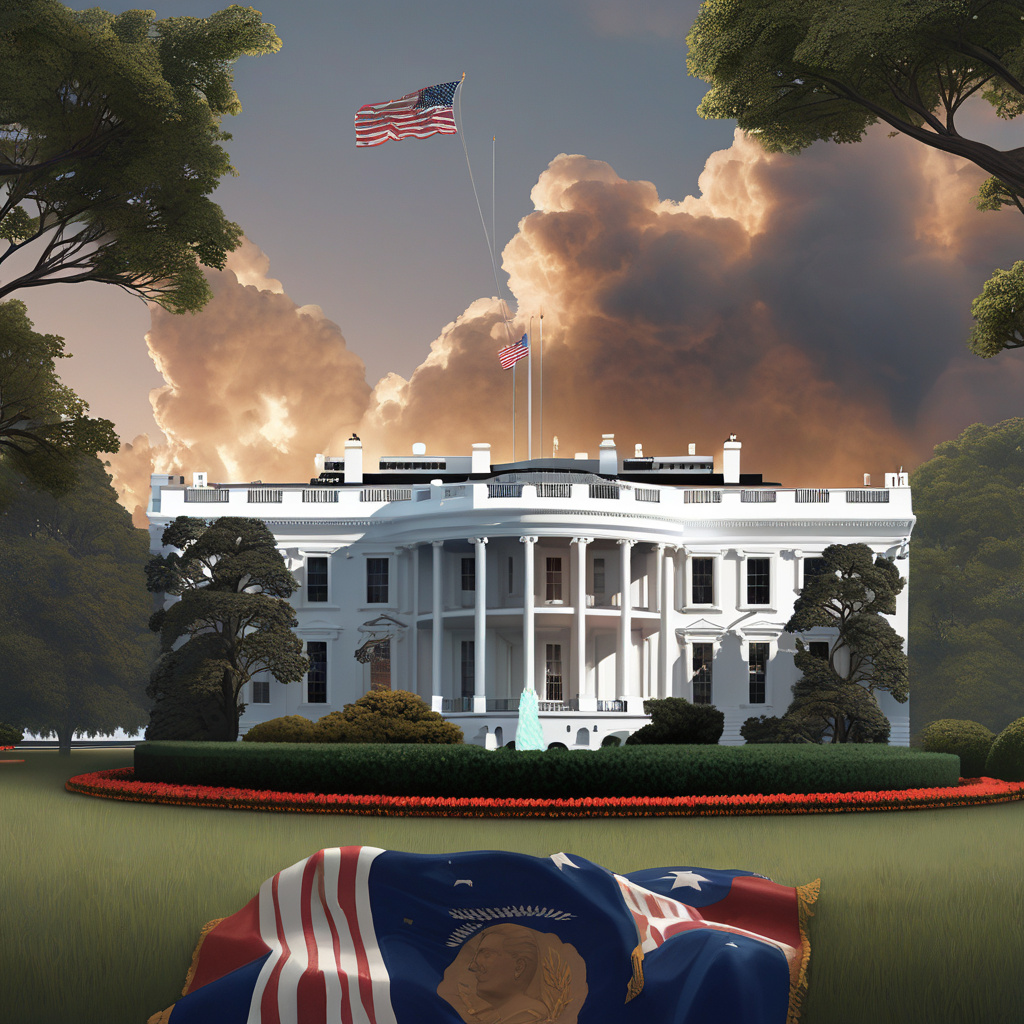In a significant move highlighting the growing importance of artificial intelligence (AI) in our society, individuals, industry groups, and local governments have collectively submitted over 10,000 comments to the White House. This feedback is focused on shaping the national AI policy, known as the AI Action Plan, currently being developed. The White House Office of Science and Technology Policy (OSTP) recently unveiled these insights by publishing the extensive 18,480-page PDF containing the submissions.
Among the myriad of topics covered in these comments, two key areas have emerged as focal points: copyright issues and tariffs related to AI technology. It’s clear that stakeholders are deeply invested in how these aspects will be addressed in the upcoming national AI policy. This engagement underscores the diverse perspectives and interests that must be considered in the development of comprehensive AI strategies.
The discussion surrounding copyright in the realm of AI is particularly crucial. As AI systems become more advanced and prevalent, questions about ownership of AI-generated content and the boundaries of intellectual property rights have become increasingly complex. With AI’s ability to create music, art, and written content, the intersection of AI and copyright law is a pressing concern that requires thoughtful deliberation and clear guidelines in the national policy.
Moreover, the impact of tariffs on AI technology is a topic that has garnered attention from various stakeholders. Given the global nature of AI innovation and supply chains, tariffs can significantly influence the accessibility and affordability of AI technologies. Addressing how tariffs will be approached in the national AI policy is essential for fostering innovation, ensuring fair competition, and driving economic growth in this critical sector.
By actively participating in the dialogue around these issues, individuals, industry groups, and local governments are contributing to the formulation of a robust and inclusive national AI policy. Their diverse perspectives and insights offer valuable guidance to policymakers as they navigate the complexities of regulating AI technology in a rapidly evolving digital landscape.
As we await further developments on the national AI policy, it is essential to recognize the significance of these public comments in shaping the future of AI governance. The transparency and openness demonstrated by the White House in sharing these submissions underscore a commitment to engaging with stakeholders and fostering a collaborative approach to AI policy-making.
In conclusion, the public comments submitted to the White House on AI policy, touching on copyright and tariffs, reflect the diverse interests and concerns surrounding the development of a national AI strategy. By addressing these key issues with diligence and foresight, policymakers can ensure that the upcoming AI policy framework is comprehensive, equitable, and conducive to continued innovation in the field of artificial intelligence.

